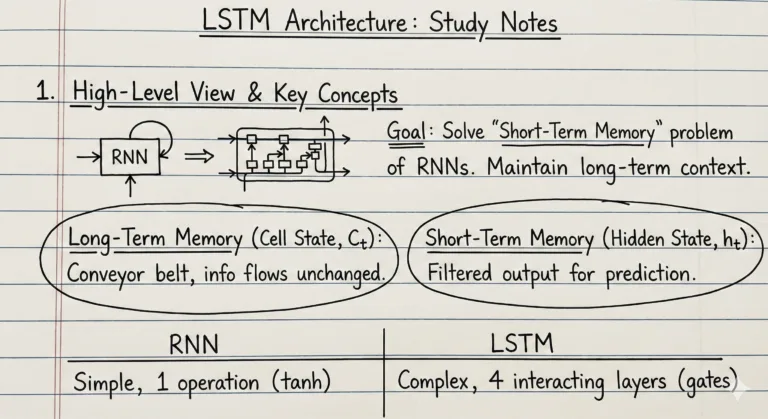Engineering is a journey filled with late-night assignments, last-minute submissions and unexpected friendships. Over these four years, you learn much more than what’s written in textbooks — you learn about yourself, your career goals, and the kind of people you want around you.
Looking back, there are a few lessons that truly shaped my experience and might help anyone starting or still navigating their engineering life. Here are four lessons from four years of engineering.
1. Exploring Career Options
Some students choose engineering because everyone else is doing it, while others do it out of curiosity and a love for understanding how things work. For both kinds of students, exploring the different career paths that engineering offers is essential.
Your first and second years are the best time to do this. The first year is about getting used to the schedule — endless classes, quizzes, and exams — and making good friends. In the second year, it’s time to balance academics with finding what you love doing as a career option.
If you’re unsure what you love, try different paths. Spend six months on Android development—build projects and see how it feels. If it’s not for you, explore something else, like electronics, for a few months. Give each option a fair chance, and you’ll know what truly interests you.
There is a concept called “Neti neti” in Sanskrit. It means “not this, not that,” When you try things one by one and you don’t like them, you are ultimately moving towards what you love.
2. Find a Way to Be Financially Independent
Being financially independent is a valuable life skill. Two effective ways to achieve this during college are freelancing and scholarships. Scholarships greatly reduce the financial burden on you and your parents, and many companies offer them to first-year students based on merit — keep an eye on platforms like Buddy4Study.
If your tuition is covered, you only need to manage your pocket money. Freelancing options like content writing, solving questions on educational platforms, website development, or video editing can help you earn and learn simultaneously. Building these skills early pays off throughout your engineering years and beyond.
3. Getting a Job Early in Placements
Placements often depend on factors beyond our control — like the job market, the placement cell’s policies, and the timing of when companies visit campus. Sometimes, even if you’re fully prepared, the right opportunity might take a little longer to come your way.
Hence rather than looking for a right opportunity, grab on to the job offers at present. Securing a job early gives you a sense of stability and a platform to build from. Once you’re in a role related to your field, you can always grow, switch, or move closer to your dream job over time. So, aim to get placed early in the season — it takes a lot of pressure off.
In the end, it’s better to romanticize the skills rather than your dream company — because skills stay with you and help you grow.
4. Making Memories
This by far is the most important lesson of all.
At the end of 4 years of engineering you should look back and be satisfied that yes, I have lived these 4 years fully. To do this, make sure you have good bunch of friends to hang around with.
Many students compromise on enjoying while working towards their career. This is not wise choice. Relationships and your career go hand in hand. At times it’s better to put people on a higher pedestal than your career.
Saving money and going on trips with your friends is a good way to make memories. Study in a group and celebrate birthdays. The more memories you have the more topics you’ll have to talk about when you complete your engineering.
Conclusion
Engineering isn’t just a degree; it’s an experience like no other. These four years teach you who you are, what you love, and who your people are. Make the most of it — the friendships and lessons you build here will stay for life.
Thanks for reading!
Discover more from WireUnwired Research
Subscribe to get the latest posts sent to your email.




